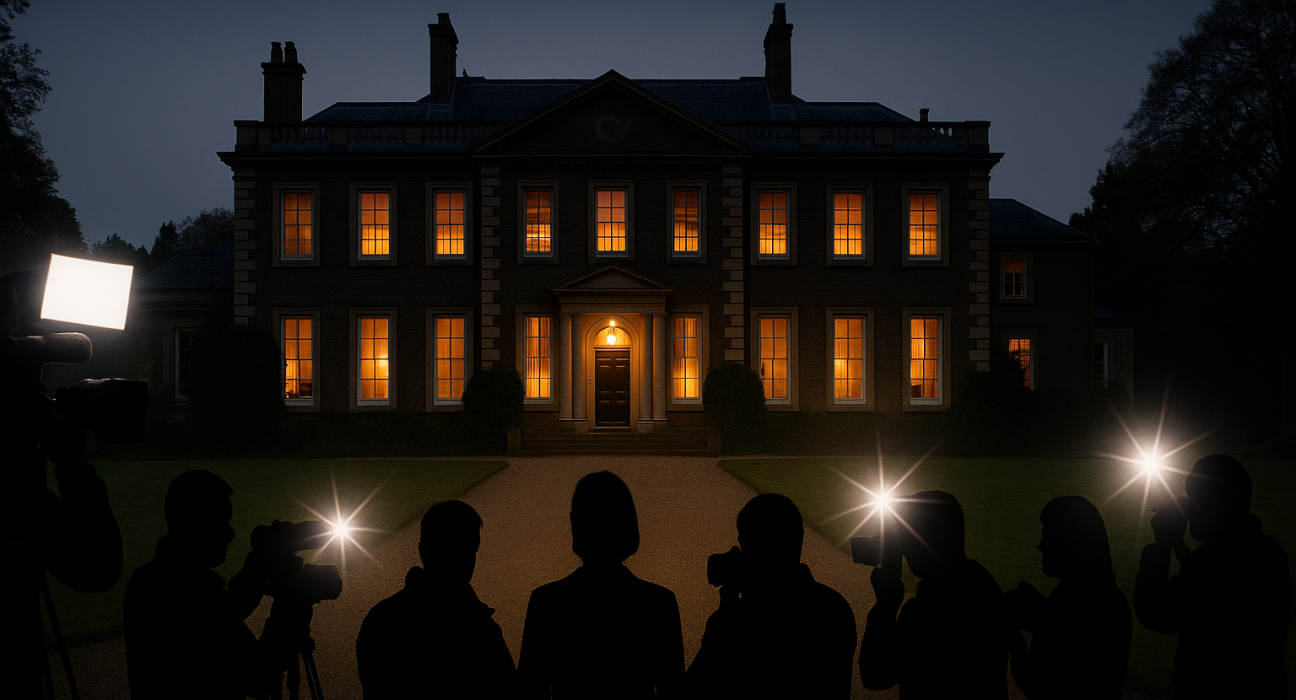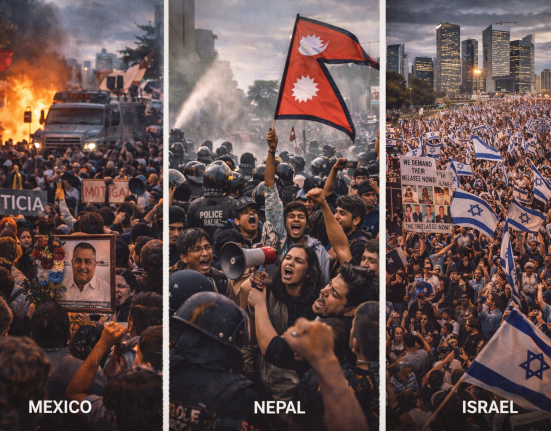The BBC article reports that Prince Andrew (Duke of York) hosted major figures including Jeffrey Epstein, Ghislaine Maxwell and Harvey Weinstein at the royal residence known as Royal Lodge. The piece draws on previously hidden or newly obtained documents and testimony, exploring the exposure of elite networks and the role of the royal household in entertaining controversial guests.
It states that Epstein and Maxwell used the Duke’s residence for events and “social gatherings,” with invites extended to a broad-based guest list that included Weinstein and others. The article emphasises that while the hosting doesn’t itself prove criminal wrongdoing by Andrew, it adds to growing public scrutiny over his associations and the culture of privilege, access and impunity that characterised parts of the royal circuit.
The story also highlights how the revelations feed into broader debates in the UK and abroad about the accountability of high-profile individuals and institutions, how power and reputation shield elite actors, and how victims of abuse may be underserved by legal and institutional processes.
Key Points
- Prince Andrew’s Royal Lodge hosted Epstein, Maxwell, and Weinstein among guests over years.
- The article uses new documents/testimony to map social networks and access pathways at the elite level.
- It draws attention to the culture of elite hospitality and how high-risk individuals could gain access to privilege zones.
- While no new criminal charges against Andrew arise directly from the piece, the reputational risk, institutional scrutiny and public debate are reinforced.
- The article ties these revelations into larger questions of institutional safeguarding, abuse power-dynamics, and reform of elite accountability.
Projections & What It Means for the Future
- Reputational impact: The royal household — already under pressure over earlier controversies — may face deeper scrutiny, amplified by media coverage, advocacy groups and parliamentary oversight.
- Institutional reform drive: The piece may bolster public calls for stronger safeguards around hospitality and guest-lists at royal residences and other high-status institutions, as well as improved transparency around who gains access to power-networks.
- Legal and policy implications: While this article is descriptive rather than legal analysis, the exposure of connections may lead to renewed investigations or civil claims, and may increase pressure on governments to re-examine how elite networks are governed.
- Societal and cultural signalling: The story serves as a symbolic marker of changing norms — fewer elite actors may expect to operate outside public accountability. The cultural shock-value may accelerate public intolerance of perceived privilege without scrutiny.
- Media, advocacy and victim advocacy effects: The coverage may encourage more victims or whistle-blowers to come forward, and may strengthen the position of groups that campaign for institutional reform and accountability of high-status individuals.
References
- BBC article (full text behind site access): “Prince Andrew hosted Epstein, Maxwell and Weinstein at Royal Lodge”, BBC News. https://www.bbc.com/news/articles/c4g7d39n6vgo
- Contextual reporting on Epstein/Maxwell networks and royal household scrutiny.








Leave feedback about this
You must be logged in to post a comment.